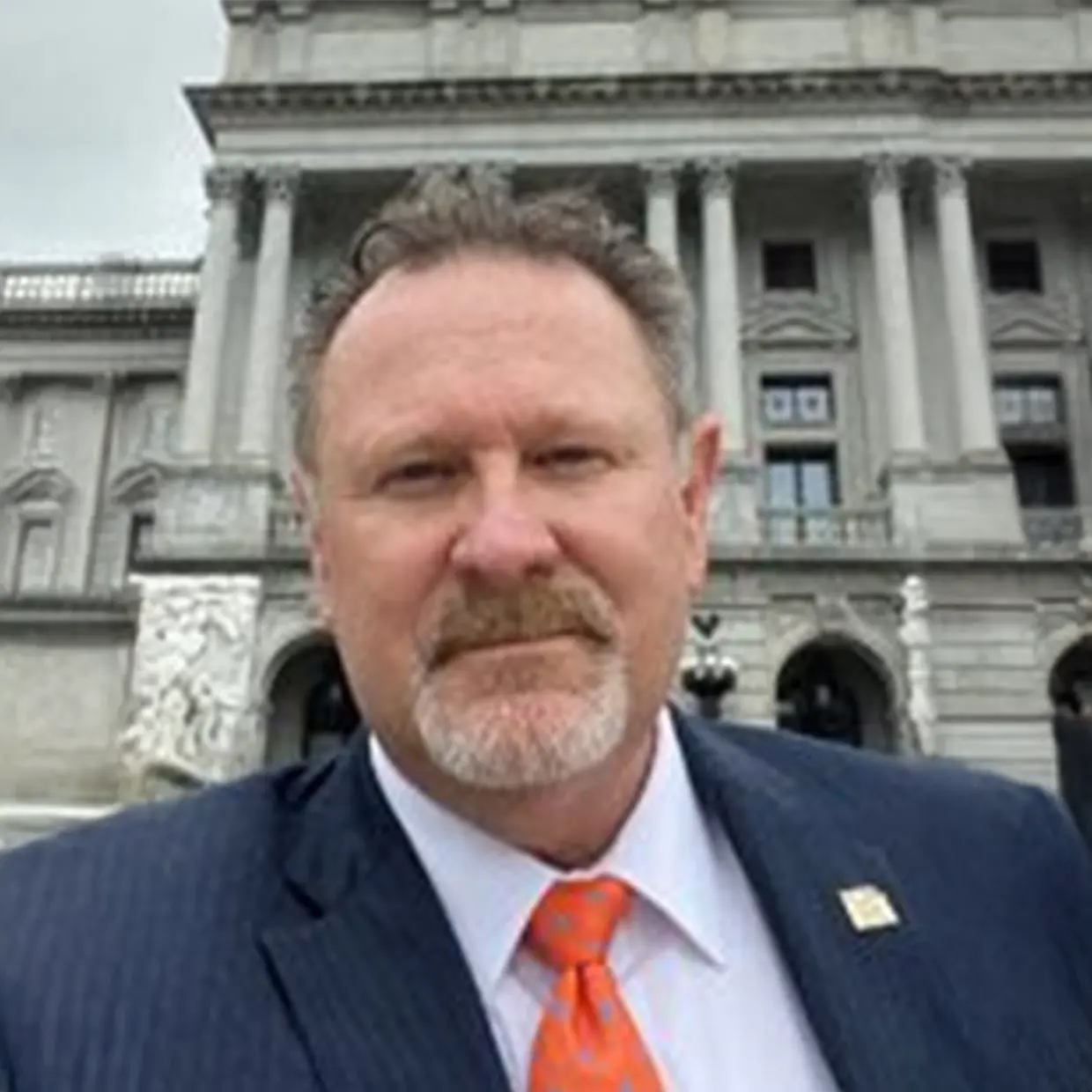
Jim Sharp, MS is responsible for the oversight of RCPA operations as well as policy and regulatory issues related to adult and children’s mental services His role includes serving the members’ vision goals through integrated efforts with key systems stakeholders. The divisional focus areas include mental health, early intervention, residential services, education, children and youth, and juvenile justice. Jim brings more than 30 years of cross systems advocacy and organizational and strategic planning experience to RCPA. He most recently worked for Merakey and has served in several key positions, including Chief Juvenile Probation Officer at the Philadelphia Family Court, Admissions Director at George Junior Republic, and he began his career at Montgomery County Juvenile Probation. Jim has served on several state and national committees for child welfare policy and systems change initiatives, including work with the MacArthur and Pew foundation. He received a bachelor’s degree from Mount Saint Mary’s University, he holds a Master of Administration, and graduated Magna Cum Laude from Shippensburg University.

Dr. Michael Skirpan is a technologist, ethicist, and community leader. He serves as the executive director at Community Forge, a non-profit he co-founded focused on implementing innovative models of community development that emphasize social capital creation, accessible economic mobility pathways, community wellbeing, and technology empowerment. He is also an Assistant Teaching Professor at Carnegie Mellon University in Electrical and Computer Engineering and Software and Societal Systems where he teaches about topics of ethics, AI, leadership, risk modeling, and technology governance. He is an award-winning playwright, publishes in top computer science journals such as CHI, CSCW, and SIG-CSE, and has been recognized internationally for his work and pedagogy including by the Brookings Institute, the Advanced Institute for the Humanities in Paris, and the Urban Land Institute. He is also a proud husband and father of two wonderful boys.
Session Title: Core AI Literacy for Social Service Providers
Session Description: This session will provide an overview of the nature of new AI technologies, give insights about new tools and methods that lead to opportunities for novel assistance in the social service sector, and offer perspective on the inherent risks and limitations of using AI technologies to do social service work.
SMART Learning Objectives:
- Audience will have an understanding of four key techniques being used to create “AI Agents” that are relevant to social service providers
- Audience will have fluency in the risks of using AI such that they can better determine appropriate use cases and adoption strategies for themselves and their organizations

Nicole Patz is an Implementation Specialist who joined our team in October of 2020. She is a Masters-level clinician who obtained her Master of Science Degree in Psychology from the University of Phoenix.
Prior to her work at EPIS, she served in various capacities during her 12- year tenure at the Achievement Center in Erie, PA. She has practiced as a Family-Based Mental Health Therapist and Supervisor, Supervisor of the EcoSystemic Structural Family Mobile Therapy Program, and just completed her role as the Project Director for the System of Care, a SAMHSA funded grant initiative, in Erie County.
Nicole launched a “Let’s Talk About It” campaign in the Spring of 2018 to help raise awareness about the prevalence of children’s mental health by educating the community on the basic signs, symptoms and statistics of mental illness to encourage early identification and intervention. In 3 months’, time this campaign reached over 696 individuals.
Nicole is a co-chair for the Diversity & Belonging Work Group of the Erie Coalition for a Trauma Informed Community (ECTIC), as well as a member of the ECTIC Executive Committee. She is the current Treasurer for the Board of Directors at the Children’s Advocacy Center in Erie, a Certified Professional Supervisor, a Certified Clinical Supervisor through Western Psychiatric Institute and Clinic since 2016, and a Certified Eco Systemic Structural Family Therapist since 2012. She has been Sanctuary Model trained for Trauma Informed Care since 2012 and has organized Annual Trauma Conferences in Erie County since 2017.
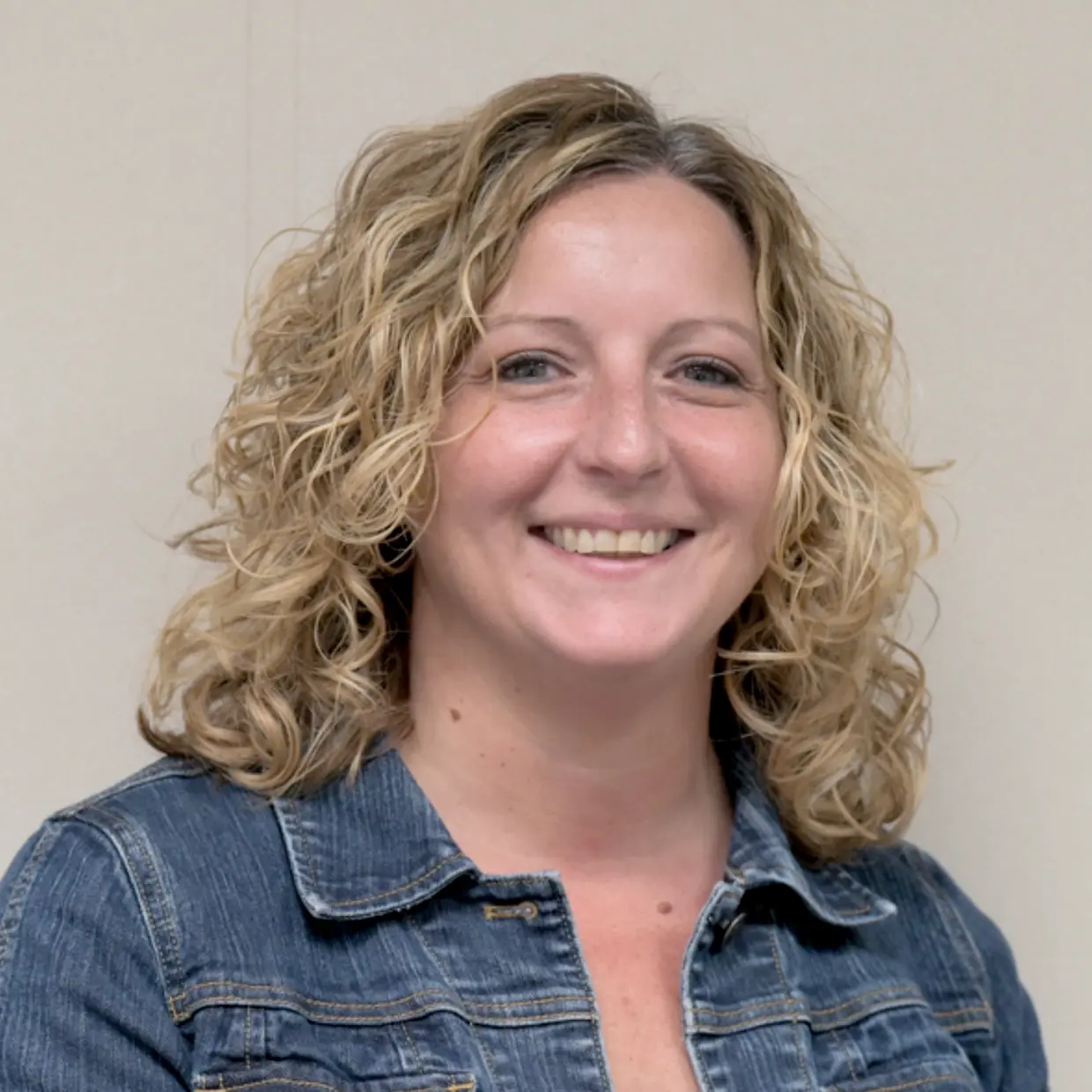
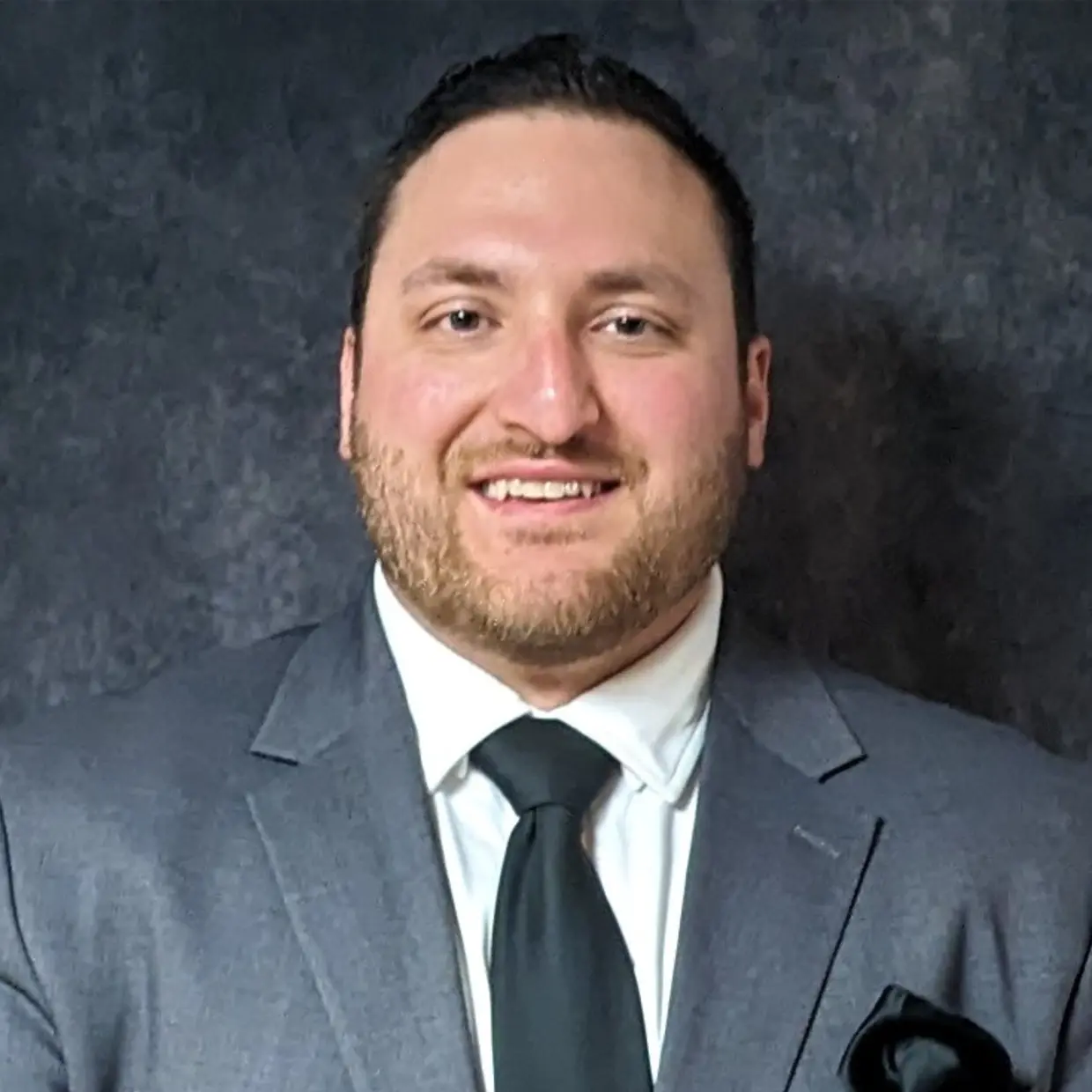
Elisia Majors is the Deputy Mental Health Administrator at Beaver County Behavioral Health. Beaver County Behavioral Health and Developmental Services is charged with the responsibility to encourage a seamless system of care that is accessible, continuously available and emphasizes health promotion, prevention, early intervention, resiliency, recovery and rehabilitation.
Vincent Duffy is the Founder & CEO of ThinkSync. ThinkSync is a proactive EDTech software focusing on student safety and wellness. The platform provides your district with real-time weekly check-ins, an alert dashboard, and culture reporting that enables you to bridge the gap in supporting students’ needs.
Session Title: ThinkSync: Leading the Way in Student Safety and Wellness: An innovative and impactful solution built to meet today’ s student needs.
Session Description: In this session, discover how ThinkSync is impacting student safety and mental wellness across rural communities through proactive weekly check-ins, real-time emotional data, and early intervention. You’ll get a behind-the-scenes look at the platform’s functionality, explore measurable outcomes from its implementation in Beaver County school districts, and hear directly from local education and behavioral health leaders about its impact on students, staff, and school systems.
Whether you’re an IU leader, school administrator, or behavioral health partner, this is a must-attend session to see how innovation, collaboration, and real-time insight are saving lives and creating lasting change. Are you ready to turn insight into impact for the students you serve?
SMART Learning Objectives
- Participants will evaluate real-world outcomes from Beaver County school districts and outline at least two ways they can implement a proactive student safety and wellness strategy in their own schools or organizations within the next academic year.
- Participants will understand how cross-agency collaboration between schools, intermediate units, and behavioral health organizations enhances student safety, and will be able to describe one model of successful partnership by the end of the session.
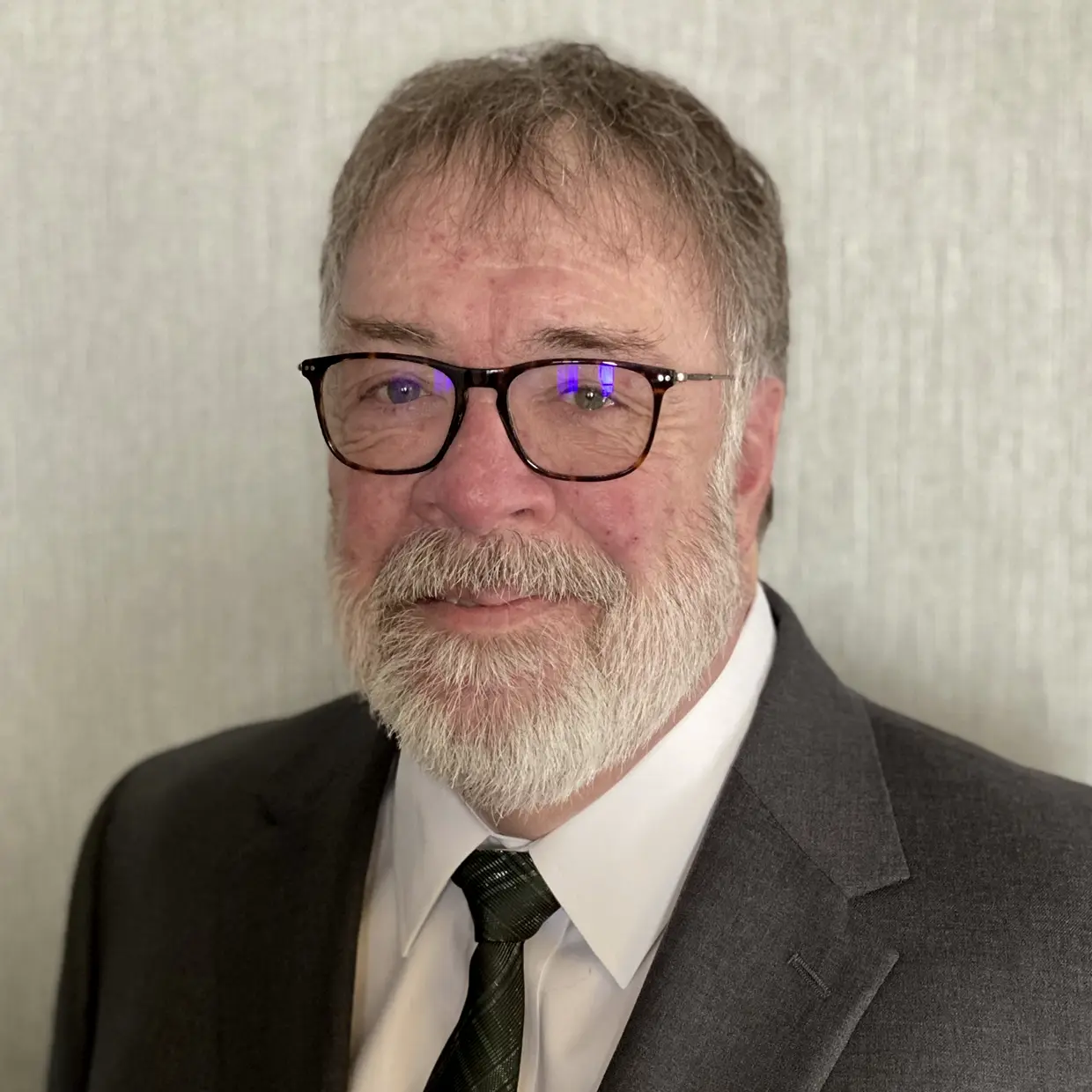
John Amato, M.Ed. is a Senior Training Consultant at Familylinks. He has over 45 years of clinical, managerial, and training experience in social services. He is a certified trainer for the Pennsylvania Child Welfare Resource Center. Since 1994, John has delivered hundreds of workshops and has provided consultation and training in the areas of leadership and team development. John earned his master’s degree from the University of Pittsburgh in 1980. In February 2014, John became a Certified Situational Leadership Experience trainer. In June of 2020 John earned his certification as a Modern Classroom Certified Virtual Trainer (MCCT).
Session Title: Self-Care and the Practitioner
Session Description: If you were asked this simple question: “Do you take care of yourself?” probably most of us would instinctively answer “Yes, of course I do.” If asked a more specific question, such as “How do you take care of yourself?” – well, the response may get a bit more complicated. In essence, this is what self-care is – anything that we deliberately do (or refrain from doing) with our own well-being in mind. It means giving ourselves the same grace, compassion, and care that we give to others. As critical as it is, it is also the one activity we say, “we never have time for.” This session will focus on why self – care is essential for practitioners, what happens to us if we do not practice it, and how to create a specific action plan that we will truly follow.
SMART Learning Objectives
- Increase understanding of the importance of self-care particularly as it relates to the work we do.
- Develop an action plan that provides a clear method for regular practice of self-care.
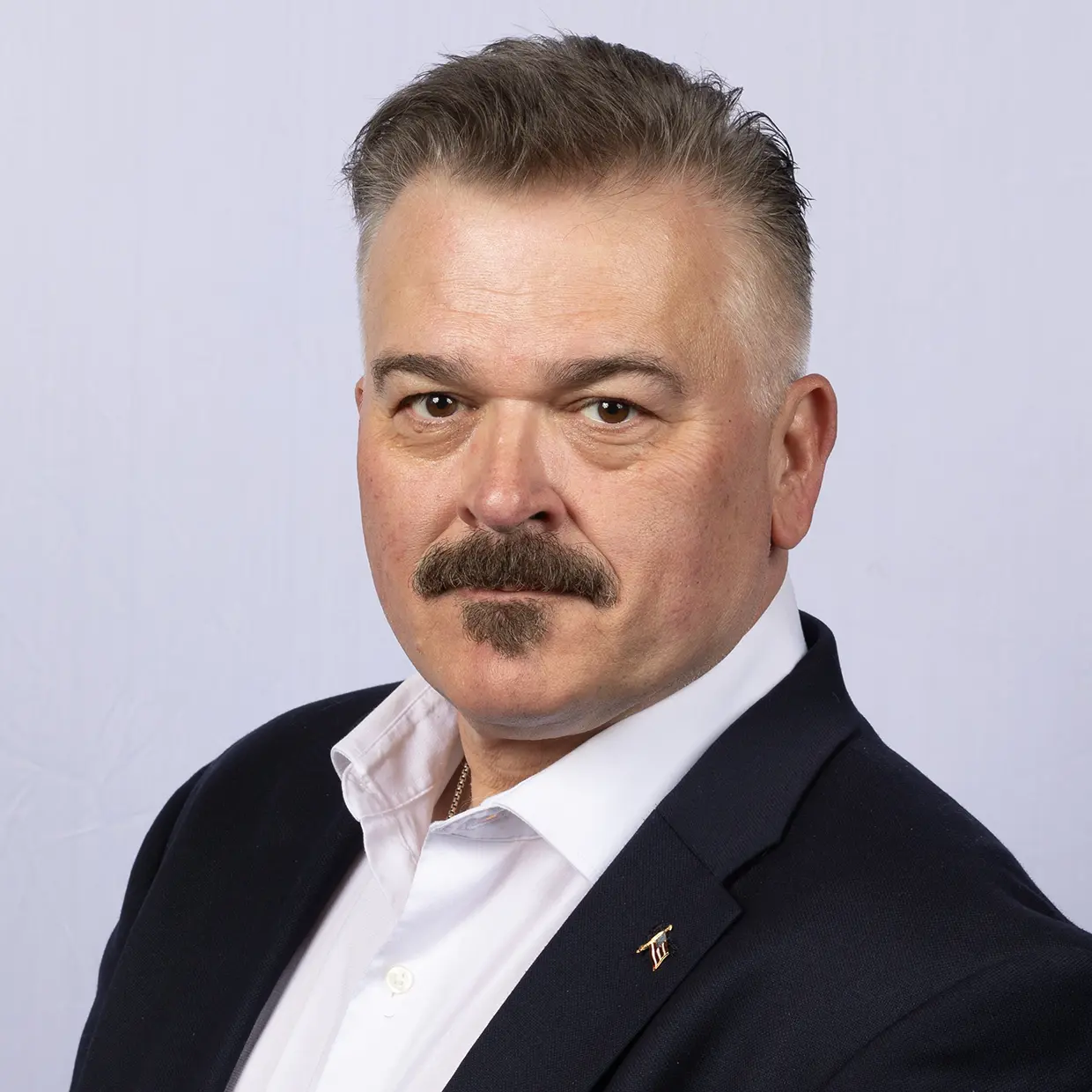
John Eliyas is an accomplished Executive Director at Merakey PA, with over 25 years of experience spanning case management, forensics, and both adult and youth behavioral health. He holds a Master’s degree in Criminology and a Bachelor’s in Psychology, both from Bowling Green State University (BGSU). John is also an adjunct faculty member at Westmoreland County Community College (WCCC), where he teaches Sociology and Criminal Justice. He has presented at numerous professional conferences and authored two books. John is known for his strategic vision, collaborative leadership, and commitment to advancing behavioral health and justice initiatives.
Session Title: Mobile Competency Restoration
Session Description: An overview of a mobile teams approach to restoring competency to individuals in Pennsylvania and beyond.
SMART Learning Objectives:
- Participants will have an improved understanding of the term “incompetent to stand trial” and the process of restoring one’s legal competency.
- Participants will learn about what factors are considered when determining outpatient vs inpatient restoration.
- Participants will learn about Merakey’s Mobile Competency Restoration Team (MCRT) and their efforts to restore and/or maintain competency on an outpatient basis.


Kate Sphar is a consultant and financial strategist with over 25 years of experience in nonprofit consulting, nonprofit management, and foundation grantmaking. Kate’s work focuses on helping organizations develop strong, sustainable businesses models. Areas of expertise include business and strategic planning, organizational business modeling, nonprofit financial planning and restructuring, mergers and collaborations, financial management and analysis, and market research.
Kate also has a deep understanding of philanthropy and regional capacity building from her recent tenure as Assistant Director for the McCune Foundation, a limited-life foundation in Pittsburgh. Kate played a critical role in developing McCune’s sunset grantmaking strategy and was a program officer to over 100 nonprofit partners in arts and culture, human services, education, environment, and community development. She has initiated and co-led several collaborative funding initiatives with other regional foundations, including Elevate NP, a regional initiative that is creating a more accessible and connected capacity building system for nonprofit organizations in Southwestern PA.
Kate received her bachelor’s degree from Duke University, as well as an MBA in Finance & Accounting and MA in Arts Administration from Southern Methodist University. For more information about Kate, please visit: https://www.linkedin.com/in/kate-sphar-2595661
Jon Hoffmann has focused his career on helping mission-driven organizations thrive. Jon recently joined Elevate NP of Southwest Pennsylvania to lead efforts to assess the capacity needs of nonprofit organizations across the region and connect them to resources that help them achieve their missions more efficiently and sustainably.
Prior to joining Elevate NP, Jon spent six years as an independent strategy consultant supporting more than 40 nonprofits through strategic and business planning, program design and development, and organizational change management. His diverse client base included human services, health, education, and advocacy organizations, both around the region and the country.
Jon’s work to help mission-driven organizations build capacity is grounded in diverse experiences across both the for-profit and nonprofit sectors, including marketing strategy in Fortune 500 companies, statewide housing advocacy work, and both program and executive leadership in human services.
Jon received both his Bachelor’s of Science and Master’s of Social Work from the University of Pittsburgh. He currently serves on the board of directors of PublicSource, Pittsburgh’s home for impactful journalism and community-driven storytelling. For more information about Jon, please visit: https://www.linkedin.com/in/jonathanhoffmann/
Session Title: Nonprofit Sustainability in Times of Uncertainty
Session Description: In this moment, nonprofit organizations of all kinds are facing unprecedented risks and challenges, with behavioral health providers being particularly hard hit by government funding cuts, post-COVID cost increases, competition for staffing, and ever-growing need. How can an agency even begin to plan for the future? In this session, we will talk about how scenario planning can help organizations be both strategic and agile as the world continues to change. In addition, we’ll talk about the many paths that organizations are taking in this moment – including shared services, other modes of collaboration, and retrenching to core services – and how to know when those paths may be right for your agency.
SMART Learning Objectives:
- Attendees will understand the basic principles of scenario planning tools and frameworks that can help with navigating uncertainty.
- Attendees will be able to assess the potential for various pathways to sustainability, including how to pursue collaboration and how to make decisions about programmatic and operational contraction.

